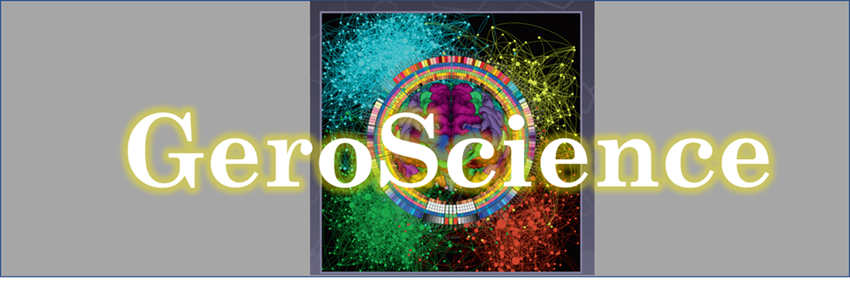In the scope of project 495/14 - Episodic memory enhancement in aging: the role of cognitive training combined with (bilateral) tDCS in the medial-temporal cortex and cerebellum on episodic memory performance in the elderly, supported by the BIAL Foundation, the research team published the paper The cerebellum is causally involved in episodic memory under aging in the journal GeroScience. The study demonstrated that, when participating in a 12-day neurostimulation program delivered to the right cerebellum, healthy elderly individuals showed episodic memory improvement both immediately after the intervention program and in a 4-month follow-up.
ABSTRACT
Episodic memory decline is a major signature of both normal and pathological aging. Many neural regions have been implicated in the processes subserving both episodic memory and typical aging decline. Here, we demonstrate that the cerebellum is causally involved episodic memory under aging. We show that a 12-day neurostimulation program delivered to the right cerebellum led to improvements in episodic memory performance under healthy aging that long outlast the stimulation period — healthy elderly individuals show episodic memory improvement both immediately after the intervention program and in a 4-month follow-up. These results demonstrate the causal relevance of the cerebellum in processes associated with long-term episodic memory, potentially highlighting its role in regulating and maintaining cognitive processing. Moreover, they point to the importance of non-pharmacological interventions that prevent or diminish cognitive decline in healthy aging.





































































